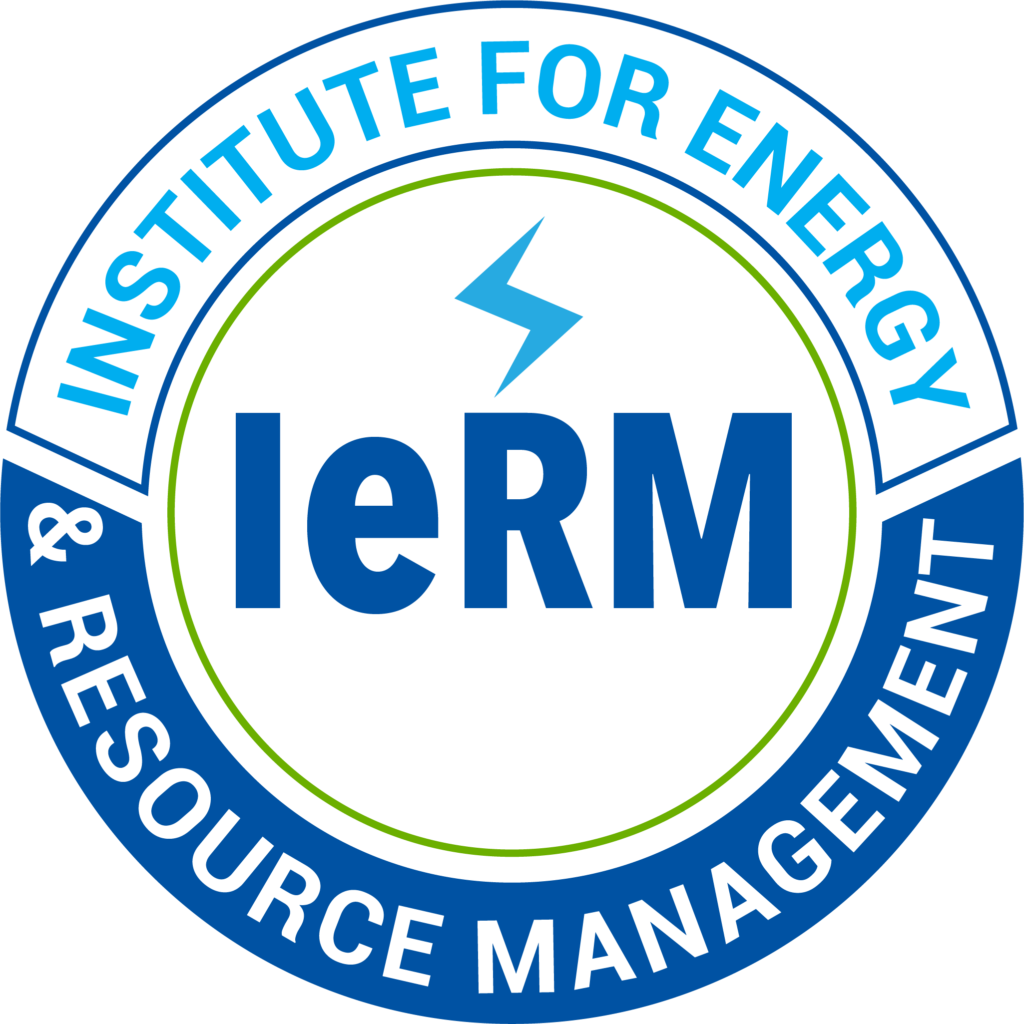Uncontrolled waste fires burn at much lower and inconsistent temperatures, which means combustion is incomplete. This releases substances from the waste and creates new ones as molecules are decomposed and reformed in the flames. Dioxins and related compounds are often formed when PVC is burned in open fires. At least 30 of these types of compound are considered harmful to human health. They can persist in the environment for years and in the human body for perhaps a decade or more. There is evidence they can damage the brain and disrupt hormones.
We would like to emphasise the impact of earthquakes on some countries
While there is no doubt that the prevention of municipal solid waste (MSW) generation should sit at the top of any public policy, industrial strategy and individual behaviour, just like reducing the consumption of energy, this proposition might mislead the public into thinking that waste can suddenly disappear if only we had the will to make it happen. Despite these unattainable expectations, the ‘Zero Waste’ concept has become a viral and omnipresent phrase in recent years. A Google search of this term shows around half a million hits, as of March 2020, and countless government and non-governmental organisation initiatives worldwide. Zero Waste seems to be the only acceptable aim for today’s politicians who embrace an environmentally friendly platform. As a result, countries and municipalities all over the globe have committed themselves to achieving the goal of Zero Waste. So far, however, nobody has managed it, and given the many scientific and practical roadblocks, no one ever will.
By hiding the real costs of landfills to the public, the true value of recycling is hidden, as well as the critical gains from avoiding environmental disasters associated with releases from waste containment. Bad decisions will follow from incorrect price signals to public decision makers when the cost of prevention cannot be compared to the future costs of managing environmental calamities.
A major cause of under-pricing landfills is the failure of landfill companies or the municipalities to account for the long-term liability of existing landfills, in contravention to the most basic rules for recognizing future costs that will be incurred by failing to act prophylactically today.
Clearly, inclusion of these liabilities on the books as required by standard accounting practice will lead to long-term costs for cities and landfill companies and will have an adverse effect on value and stock price. Current accounting of landfills must be modified to cover generational costs. This will finally give the public realistic measures of current costs vs. future risks, including future costs and future impacts on climate change.
….
Determining the real-world financial risks of the current system is absolutely necessary for the public and officials to make the choices that will govern the laws on post-closure management and liability for the next generations. It is impossible to evaluate future municipal financial health without these inclusions.
The Confederation of European Waste-to-Energy Plants (CEWEP) has welcomed the recognition of waste management as a sector providing an essential service to society by Virginijus Sinkevičius, the European Environment Commissioner, on the occasion of the publication of a guidance on waste shipment in the context of the COVID19, and emphasised the…




